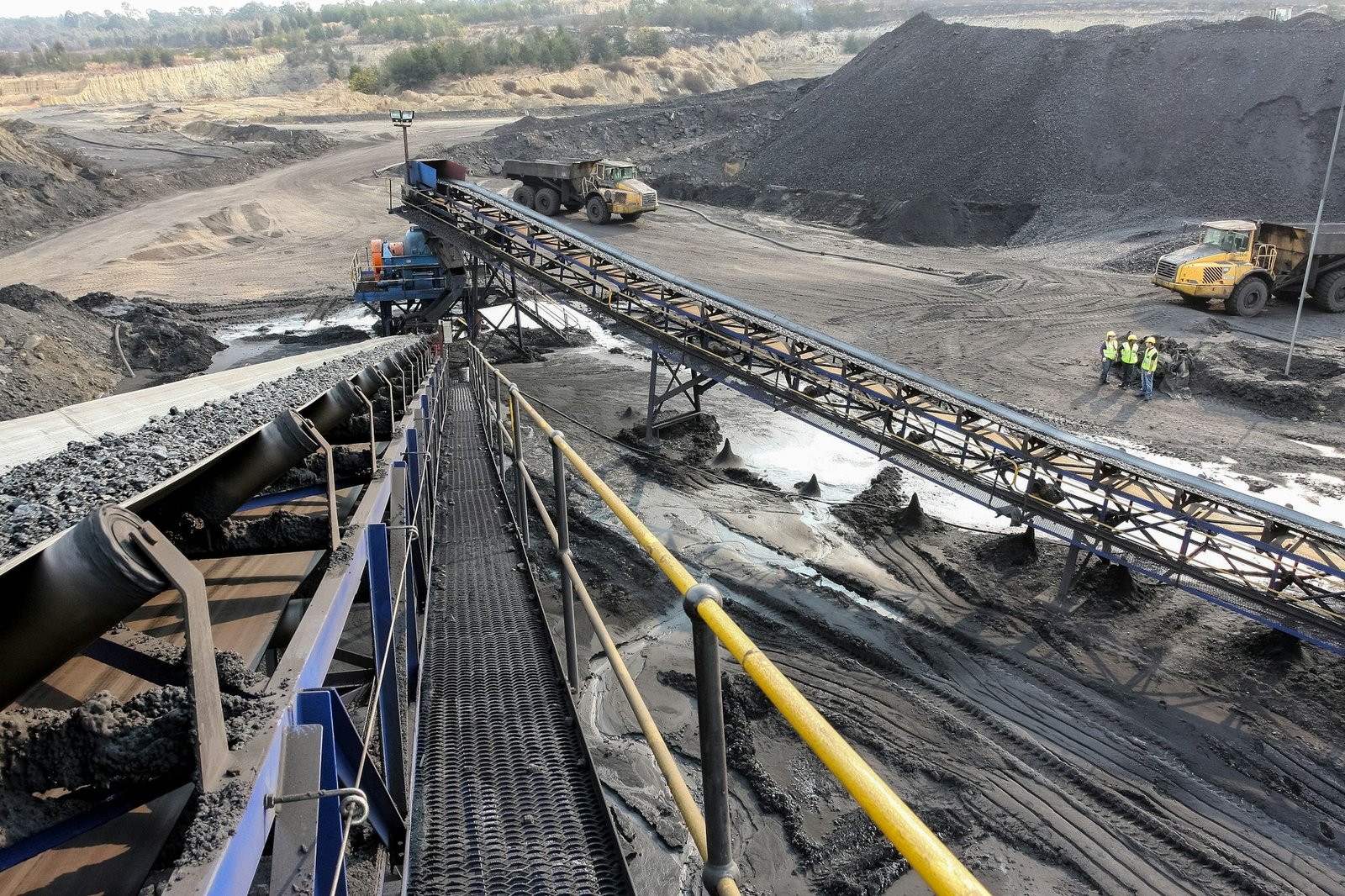The intricate dance between oil prices and the chemical industry is a fascinating study of economic interdependence and the ripple effects that can emanate from a single sector and spread throughout the global economy. This article delves into the nuanced relationship between oil price fluctuations and the chemical industry, highlighting the cascading effects on production costs, product pricing, and global market stability.
Understanding the Connection
The Role of Oil in the Chemical Industry
Oil is not just a fuel; it’s a critical raw material for the chemical industry, serving as the base for countless products including plastics, fertilizers, and pharmaceuticals. The price of oil directly affects the cost of petrochemicals and, by extension, the products derived from them.
The Impact of Price Fluctuations
When oil prices swing, the chemical industry feels the tremors. High oil prices can squeeze margins, forcing companies to either absorb the costs or pass them on to consumers. Conversely, low oil prices can reduce raw material costs, potentially lowering product prices but also signaling economic downturns that may reduce overall demand.
The Ripple Effects Explained
On Production Costs
Increased Raw Material Costs: As oil prices rise, the cost of raw materials for chemical production climbs, leading to higher operational costs.
Energy Costs: The chemical industry is energy-intensive. Higher oil prices mean higher energy costs, further inflating production expenses.
On Product Pricing
Pass-Through Costs: Companies often pass increased costs onto consumers, leading to higher prices for a wide range of products, from plastics to pharmaceuticals.
Competitive Dynamics: The ability to pass on costs depends on market competition. In highly competitive markets, companies might absorb costs to avoid losing market share.
On Global Market Stability
Supply Chain Disruptions: Volatile oil prices can lead to supply chain uncertainties. Companies may stockpile raw materials, leading to shortages and further price increases.
Economic Uncertainty: Significant fluctuations in oil prices can create economic uncertainty, affecting investment in the chemical industry and potentially leading to job losses and reduced R&D spending.
Innovations and Adaptations
Diversification of Raw Materials
The chemical industry is exploring alternative raw materials, such as bio-based feedstocks, to reduce dependence on oil.
Energy Efficiency
Investments in energy-efficient technologies can mitigate the impact of high oil prices on production costs.
Strategic Stockpiling
Some companies strategically stockpile raw materials when prices are low, cushioning the impact of future price increases.
In conclusion, the relationship between oil price fluctuations and the chemical industry is a complex interplay that affects not just production costs and product pricing but also global market stability. By understanding these dynamics and adopting innovative strategies, the chemical industry can navigate the challenges posed by oil price volatility, ensuring resilience and sustainability in an ever-changing economic landscape.
FAQs:
How directly do oil price changes affect chemical product prices?
Oil price changes can have a direct impact on chemical product prices due to the cost of raw materials and energy. However, the extent can vary based on factors like market competition and the ability to switch to alternative raw materials.
Can the chemical industry mitigate the impact of oil price fluctuations?
Yes, through strategies like diversifying raw materials, improving energy efficiency, and strategic stockpiling, the chemical industry can mitigate some impacts of oil price fluctuations.
Do oil price fluctuations affect all chemical products equally?
No, the impact varies among products depending on their reliance on oil-based raw materials and the energy intensity of their production processes.
How do consumers ultimately feel the impact of these fluctuations?
Consumers may experience higher prices for a wide range of products, from automotive parts to household goods, as the cost increases in the chemical industry are passed through the supply chain.
What long-term strategies can the chemical industry adopt to reduce vulnerability to oil price volatility?
Long-term strategies include investing in alternative raw materials, such as bio-based feedstocks, enhancing energy efficiency, and fostering innovation to develop less oil-dependent production processes.






